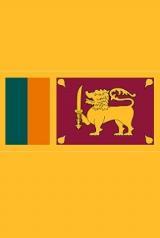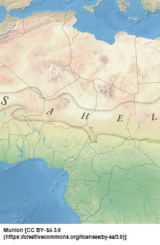
On Sunday, April 21, 2019, nine suicide bombers launched their attacks on nine different targets in Sri Lanka. For this article, Yan St-Pierre focuses on the government’s and security officals’ response to the early warning intelligence and their public relations management after the attack.

It appears the security situation in Burkina Faso has become a good indicator of the expansion and tendencies of terrorist activities. In this post, Yan St-Pierre discusses the tactics behind a re-routing of smuggling routes in the Sahel region.

The label “terrorism” is a highly subjective interpretation of violence, but what happens when the moral perception is not as clear cut? Do we make a difference for “one of us” compared to “one of them”? If so, does it affect whether or not a far-right political attack is labelled as terrorism? Yan St-Pierre discusses the historical perspective and perception of left, Islamic and far-right attacks.







